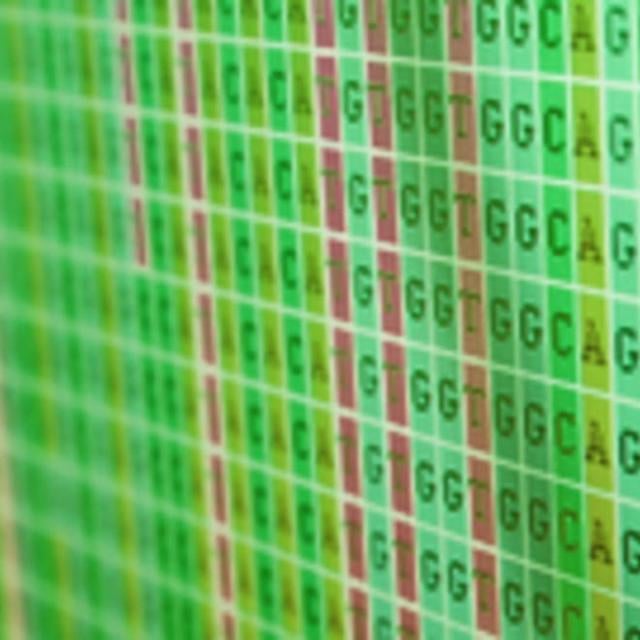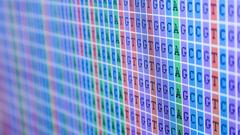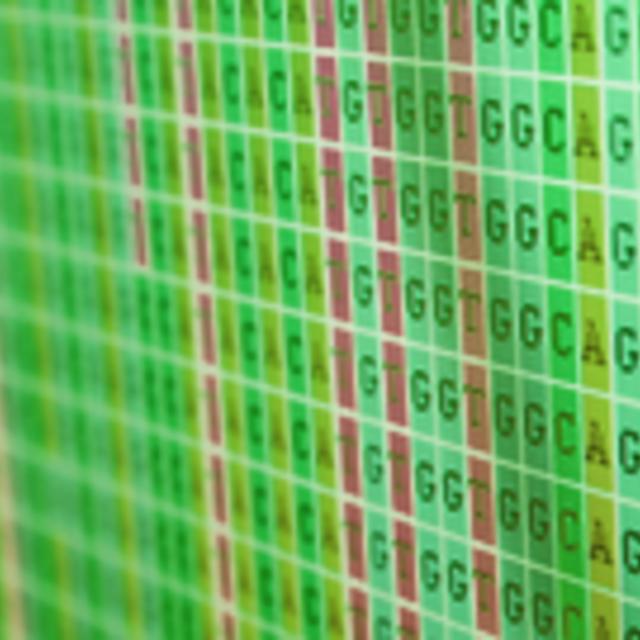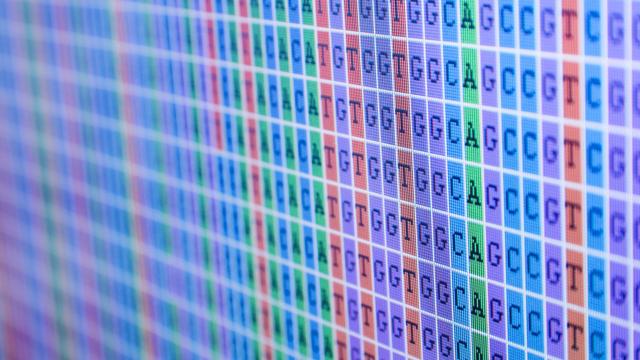Plant Bioinformatic Methods Specialization
The past 15 years have been exciting ones in plant biology. Hundreds of plant genomes have been sequenced, RNA-seq has enabled transcriptome-wide expression profiling, and a proliferation of "-seq"-based methods has permitted protein-protein and protein-DNA interactions to be determined cheaply and in a high-throughput manner. These data sets in turn allow us to generate hypotheses at the click of a mouse or tap of a finger.The Plant Bioinformatics Specialization on Coursera introduces core bioinformatic competencies and resources, such as NCBI's Genbank, Blast, multiple sequence alignments, phylogenetics in Bioinformatic Methods I, followed by protein-protein interaction, structural bioinformatics and RNA-seq analysis in Bioinformatic Methods II. In Plant Bioinformatics we cover 33 plant-specific online tools from genome browsers to transcriptomic data mining to promoter/network analyses and others. Last, a Plant Bioinformatics Capstone uses these tools to hypothesize a biological role for a gene of unknown function, summarized in a written lab report.This specialization is useful to any modern plant molecular biologist wanting to get a feeling for the incredible scope of data available to researchers. A small amount of R programming is introduced in Bioinformatic Methods II, but most of the tools are web applications. It is recommended that you have access to a laptop or desktop computer for running these as they may not work as mobile applications on your phone or tablet.




